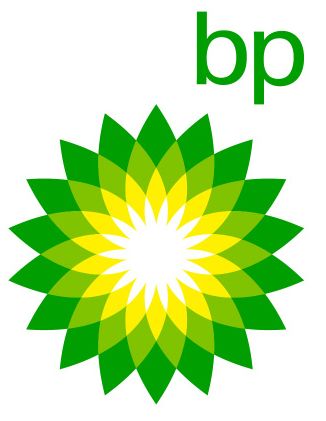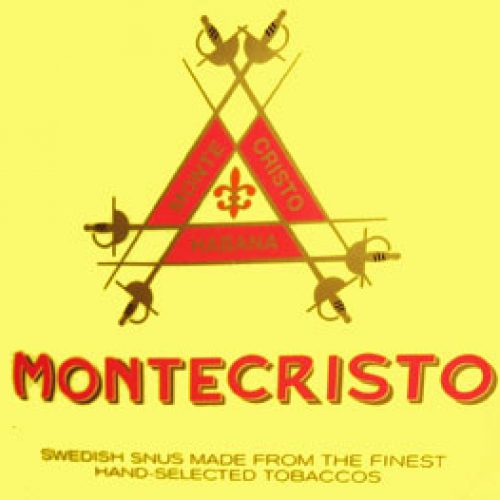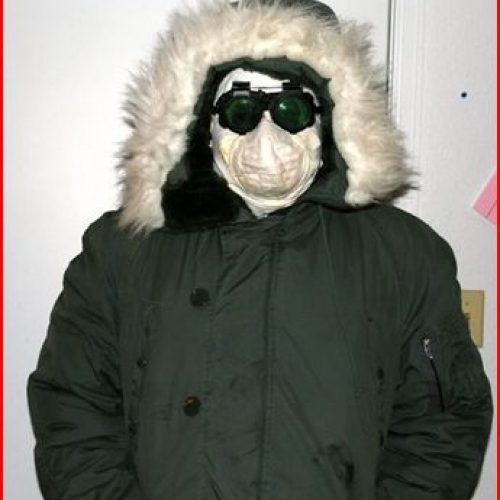BP Can’t Stop Screwing Up.
I am a liberal.
Don’t like guns, but won’t hug any trees. I eat animals, and distrust big corporations because I have worked for them. The FDA is over-worked, under-skilled and on the take. So is the Interior Department.
But the corporations I worked actually had their ducks in a row. Pepsi was always just a bit better than Coke, and Gallaher Group (now part of JTI) always has us attend crisis management meetings with our PR agency, Burston Marsteller, annually.
It’s a good thing British Petroleum doesn’t make snus or soft drinks for all our sakes.
CRISIS MANAGEMENT
This is a huge topic for public companies because it is designed to, when properly executed (WITH the help of the PR agency), mitigate any losses to shareholder value by assuring them that the company is in full control.
In consumer goods we cover (in no real order)
1. Poisoning/QC issues/product recalls
If a customer becomes ill, or worse, what do we do? Gallaher was given specific procedures for each level of management to isolate the problem, and arrange for a recall before the problem can spread. As soon as I heard a Danish consumer had become ill smoking an LD cigarette (from a Danish retailer, via my manager), I called our Security Manager, who pulled off a road in Czech Republic to get the facts. Our Danish Country Manager drove to the shop, got the pack and called in the lot number, and we isolated the pack to a specific production batch in minutes, which led to a review and revision of factory procedures. Turns out some polypropylene had gotten into the cigarette. EXTREMELY unlikely, and the customer was briefly sickened, but visited by the manager, and was fine. But, the production facility was turned upside down. We never found the cause, but never said there wasn’t one.
2. Communicating with the public
This is critical, as the world is listening. Many large companies, including BP, have messed this up by passing the buck, denying culpability, or lying about the extent of the problem/ability to isolate and fix it. Some execs are “too busy” to get the crisis management memo, and end up getting foot-in-mouth disease at the hearings. Believe me. In tobacco, it was critical.
The “Tylenol Murders” in Chicago in 1982 are cited often by crisis management companies as the gold standard of how to react to something that, at first, a company cannot control. No corporate promises were issued that the crisis was contained, and full disclosure of what the Company, in this case Johnson and Johnson was doing, and with whom they were communicating on all levels (including FDA), were issued in a forthright manner. During a crisis, unless you, as a CEO, have iron-clad facts, you MUST state that you don’t have all of them and that the investigation is proceeding. Otherwise, you are called out once it is exposed that the company is lying. J&J issued a full national recall.
In June 1999, Coca-Cola products in Belgium sickened thirty-three children in a Brussels school, and after sending corporate production experts to discover what had gone wrong, they determined and maintained that the factory was clear and nothing could have happened to lead to this result. The Belgian government was forced to step in and ban Coca-Cola products from being sold temporarily. Coke then forked out over $100 million on a nationwide recall. A chemical agent was eventually found, and, hopefully Coke, in all its glory, has finally graduated from Amateur Hour.
BP and their idea of Crisis Management
 This is an ongoing fiasco for the company, whose latest mistake was seeing the British CEO ask, in strong terms on CNN, that US camera crews leave a Louisiana beach he was investigating as workers dug his company’s sludge out of the sand. It is a PR and crisis management disaster. Statements of ‘it’s under control,” “it’s less than we thought,” and leakage estimates of up to 15 times less than what scientists estimate, are infuriating locals and Americans from all over. The use of a banned substance to dissipate the oil issuing from a mile under sea-level is infuriating local fishermen, and the businesses that rely on resale of their catches. The “Top-Kill” solution in place now has been estimated to have a 60-70% chance of working by the CEO. BP is now issuing statements that payments to local businesses have begun. How much did the pelicans get? The fact is, BP had no procedures in place. With their size, they should be prepared to survive a nuclear war, and they can’t even handle a leak, let alone the basics of corporate affairs. Not the first time.
This is an ongoing fiasco for the company, whose latest mistake was seeing the British CEO ask, in strong terms on CNN, that US camera crews leave a Louisiana beach he was investigating as workers dug his company’s sludge out of the sand. It is a PR and crisis management disaster. Statements of ‘it’s under control,” “it’s less than we thought,” and leakage estimates of up to 15 times less than what scientists estimate, are infuriating locals and Americans from all over. The use of a banned substance to dissipate the oil issuing from a mile under sea-level is infuriating local fishermen, and the businesses that rely on resale of their catches. The “Top-Kill” solution in place now has been estimated to have a 60-70% chance of working by the CEO. BP is now issuing statements that payments to local businesses have begun. How much did the pelicans get? The fact is, BP had no procedures in place. With their size, they should be prepared to survive a nuclear war, and they can’t even handle a leak, let alone the basics of corporate affairs. Not the first time.
There has been little to distinguish this from a terrorist invasion on our soil. The moron underwear bomber Christmas day, and his brain-dead erzats partner in crime in Times Square a few weeks ago killed no-one because alert Americans were there to stop them, or at least do their best. Eleven Americans died when the BP oil rig exploded, and thousands will have their livelihoods affected by the aftermath. And in this case, American fishermen are simply waiting for someone to tell them they can go out and lend a hand. BP corporate is being ill-advised by its own Corporate Affairs Department, and whatever PR firm they’ve hired to do its crisis management. They haven’t even scheduled a picnic, let alone a way to galvanize the locals, who are dying to get involved. I guess that will be our government’s job…when they start paying real attention instead of lip service to this crisis.
The next time Tony Hayward even sets foot on one of our beaches, I say take him to a good old Louisiana hoosegow and let him rot in the summer humidity with some renowned Southern Hospitality.
And I am a liberal.
Sweltering in Manhattan,
ANDREW ROMEO
An Insider’s Perspective
Reporting from New York for SnusCENTRAL.org
About author
You might also like
No News is Good News
Swedish Match AB is in PR Emergency Mode today, Monday, October 26th. Why? An American researcher from Harvard, Greg Connolly, read a snus ingredient label in 2008, and found a
I’m in Sweden…Where’s my snus?!
I always track the consumer and expert reviews of all the new types of snus which hit the market both here on SnusCENTRAL, and on other snus related forums inhabited
The (other) Great White North
Starting next week, I will be posting from my old ‘stomping ground’ of Russia. Specifically, I have accepted a consultancy appointment with a drinks company in St. Petersburg, and will



